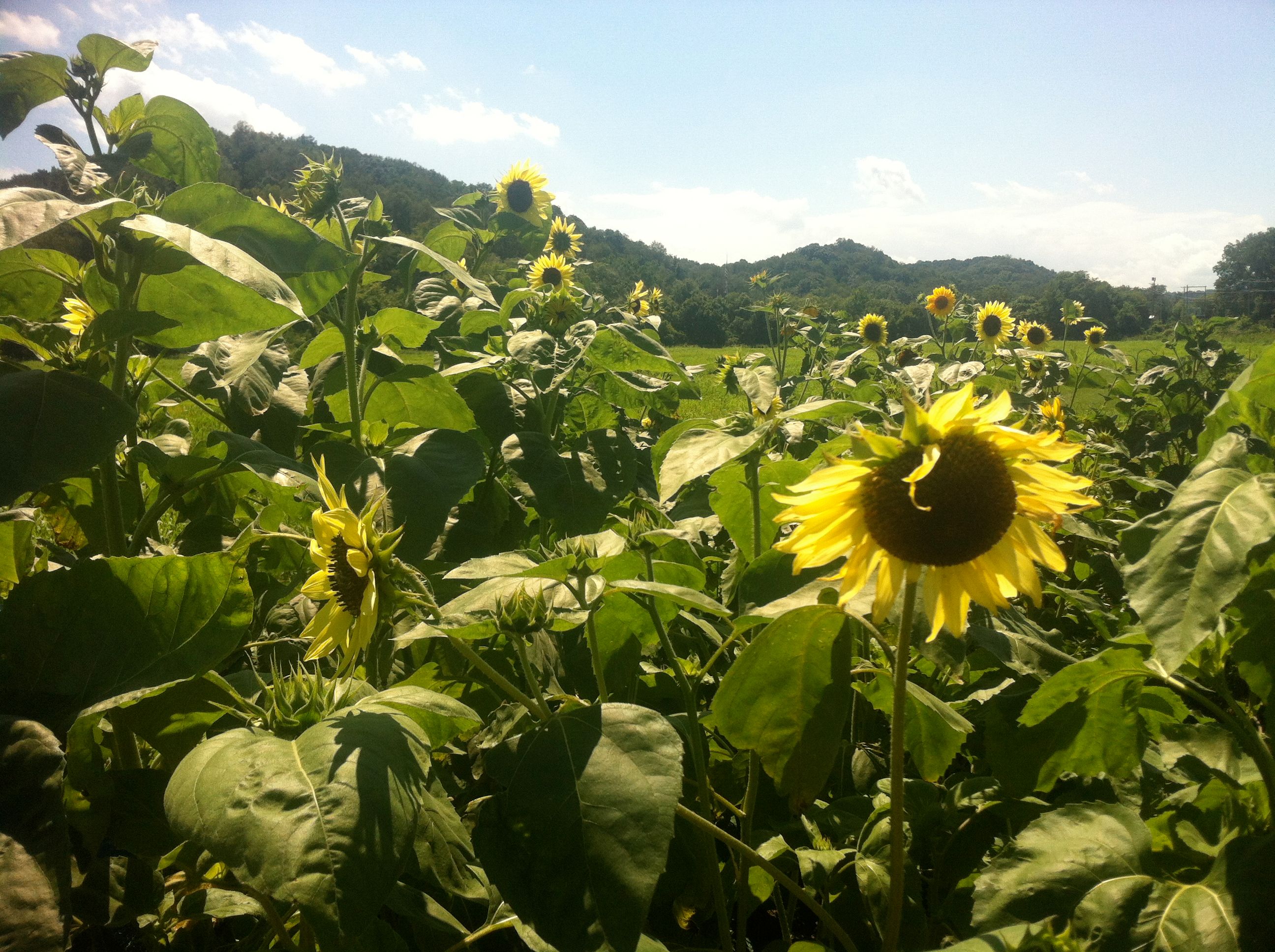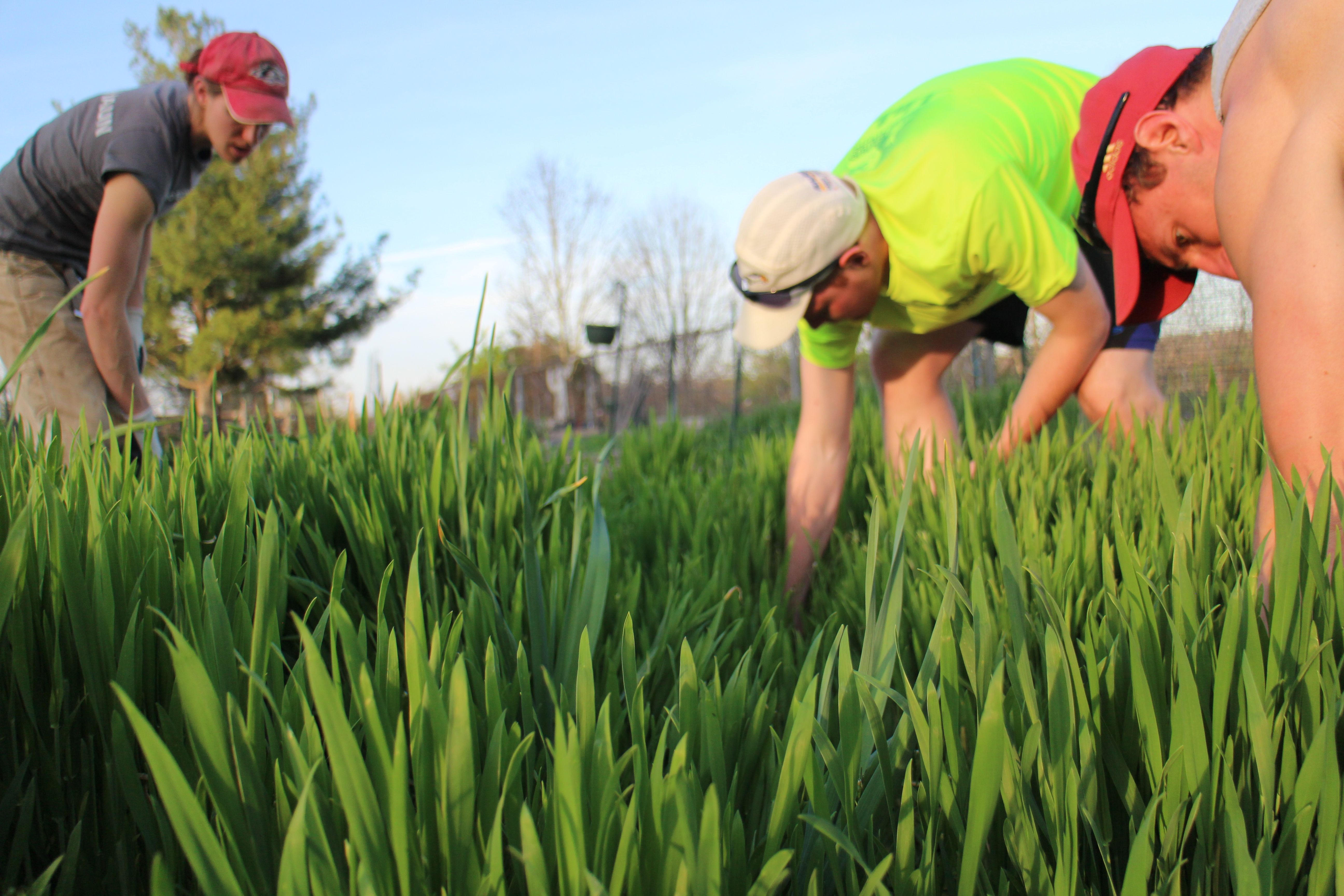
How to Keep Up with the Garden/Flower Bed
June is here, and most of us already have things planted in our garden. Sometimes a lot of things (how do I always end up with more plants after each farmers market or visit to White’s Mill?). It all looks good and nice, with perfect rows and weedless plots. Until, one day you wake up, and your garden is chaos (ask me how I know). There must be a weed fairy out there, and please don’t let me meet her, because I do not have nice things to say. The best way to keep everything in check is to do maintenance-obvious, I know. But I am not going to leave you hanging. Below are some things you can start doing today, to keep weeds in check, to keep your flowers flowering and your veggies producing and your sanity intact.
- Mulch! Mulch! Mulch with any organic material you can get your hands on! Try covering up to 2-3 inches. I personally use grass clippings that are collected during mowing,which are free and organic, because I do not use any chemicals on my lawn. In my rose garden, I try to have a fancier look, mulching with pine bark. Whatever you choose, just do it! Do it as soon as you can.
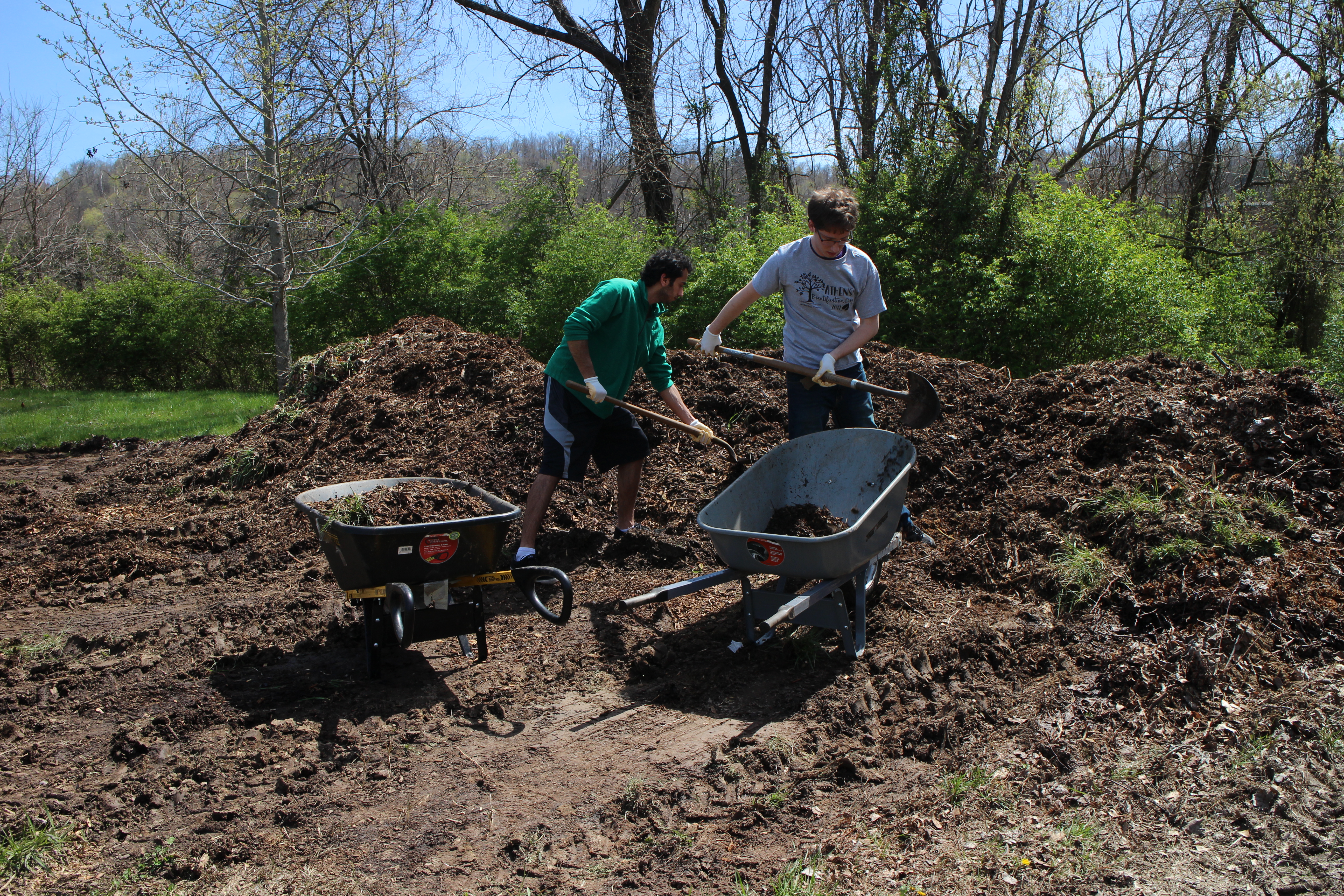
Mulching is very important, doing many things for you garden: it keeps the moisture in (less watering); it keeps the weeds out (there is no light and the weeds seeds can’t germinate; it keeps the soil cooler during the hot days of summer; and it adds to the biomass of your soil, which in turn will hold more moisture. You may have to add mulch throughout the year, as it will be decomposing and adding to your soil biomass. I have to do it a couple of times during the growing season, because grass clippings easily decompose. You will need to do mulch less often with some wood or bark based mulches. If you do not do anything else, do this. Never leave the soil exposed.
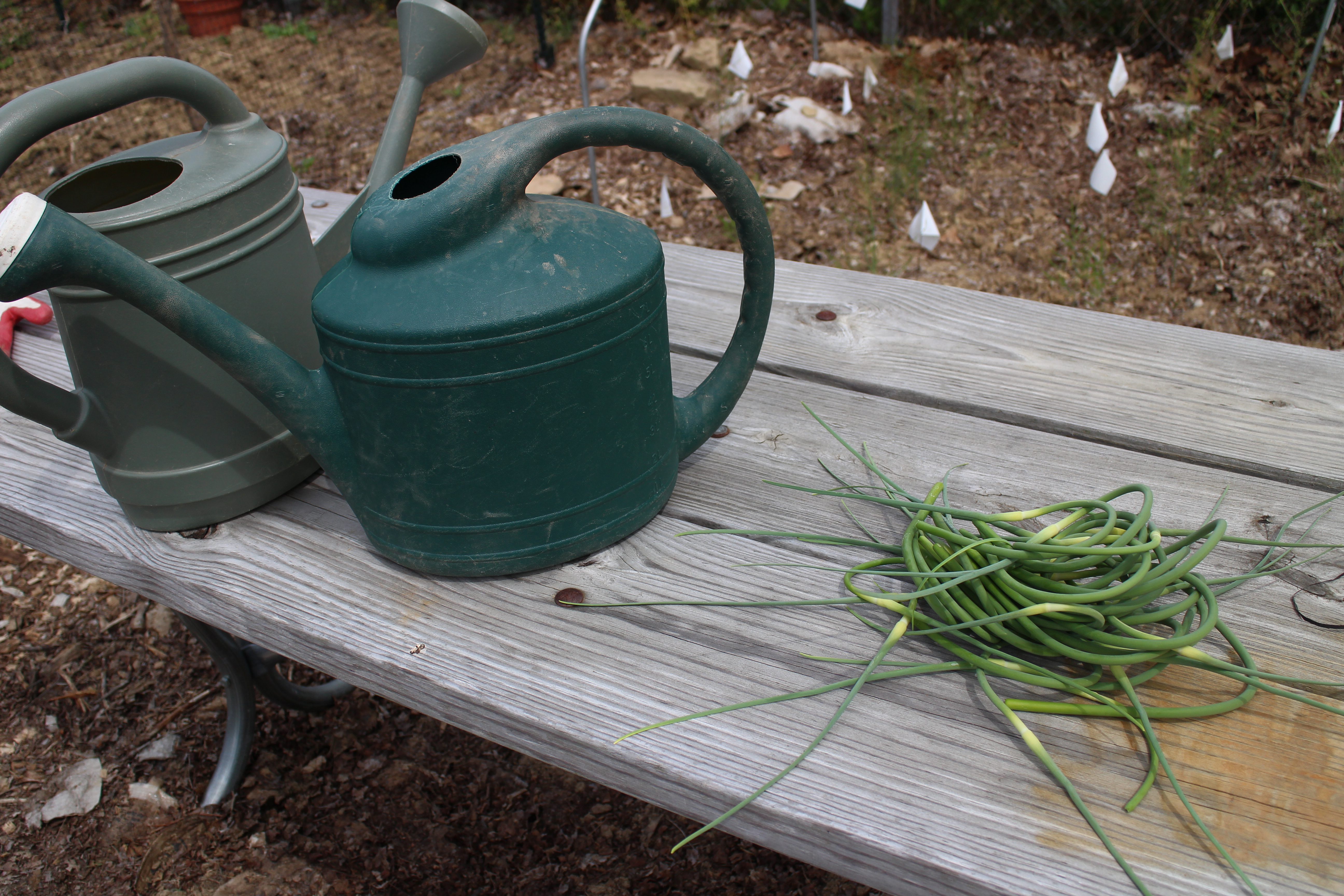
- Watering the plants is an art form, but I will teach you how to become a master in no time. Water thoroughly every week or less often, depending on time of the year and the status of your plants. Ok, let’s be more specific: water each plant a lot, I mean soak it! Do not use those sprinklers that give you a little fountain, unless they are watering you and your kids, whiles you are running around enjoying the summer in your colorful bathing suits. Sprinklers do not water thoroughly, because they lose a lot to evaporation. If you water thoroughly and mulch your plants, there should be weeks between when you need to water (and you may get lucky and it rains in between). I seldom water my plants. I soak them hard while planting/transplanting them and may be in the next couple of days, soak them again and after that – they are on their own.
Established plants should not require much watering, because their roots go deep and the mulch keeps the moisture in. If you water shallow, the roots will not develop deeply and you will have to water often. This rule does not apply to your potted plants; some of them need watering every day. Preferably water in the early morning and do not wet the foliage, but I water when my schedule permits, which is mostly in the evening. Rule are meant to be broken, right? If you follow these tips, you will be well on your way to becoming a master on watering plants.
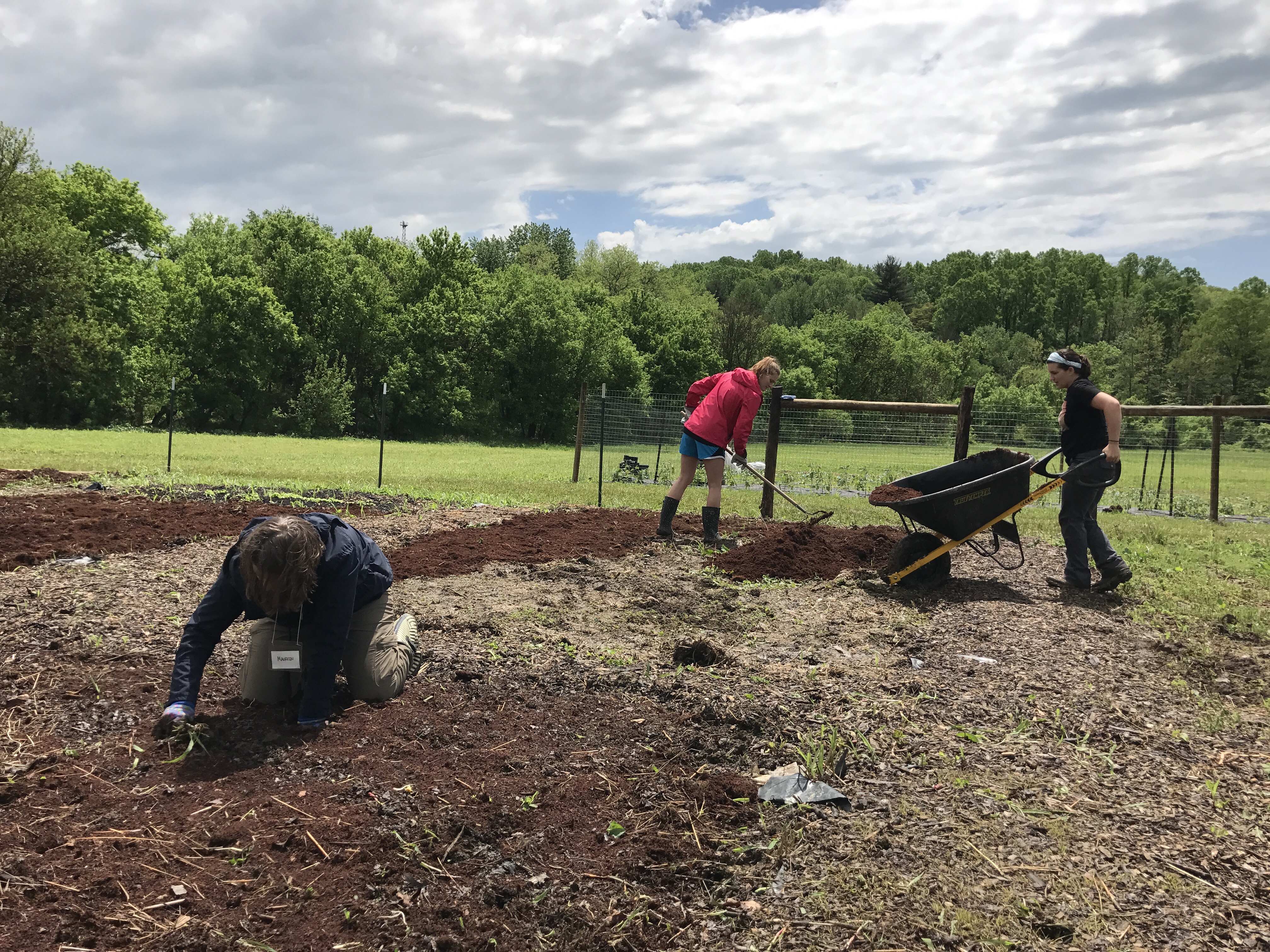
- Trim, thin, and otherwise keep clean. Do not be afraid of your gardening clippers. If you do not have any, get good clippers immediately. You need to be using them in your garden almost every day. I have a ritual: every evening (I do have to skip sometimes), I wear my gloves, grab my old and faithful clippers and go on patrol. I visit all my growing spaces, the rose garden, the native pollinator bed, and the main garden. I clip all spent flowers on the non edible plants (zinnias, petunias, marigolds). This is done to the plants I do not intend to save seeds from. For the ones you want seeds from, keep the dead flowers – seeds are developing inside them. I trim the tomatoes to keep them vigorous (I will do a blog post about it next month), and the same to my herbs.
Not everything in your garden requires daily clipping, but as you go through your space, there is always someone needing a good clipping. I put the cuts into a bucket, or you can add them to the mulch or eat them (I love pruning the basil or any other herb). This keeps you flowers flowering, your herbs producing fresh delicious things to eat, and keeps your tomatoes from overtaking the garden.
- Keep the weeds in check. If you mulch, you should not have to weed a lot, but if you see a weed growing, pull it and add more mulch to the spot.
Above all, enjoy your time outside, whatever you are doing in the garden. I hope that with these tips you will be able to work less, and enjoy more. This is summer!
>Blog Disclaimer: The views in this blog do not necessarily represent all of the views of CFI.

